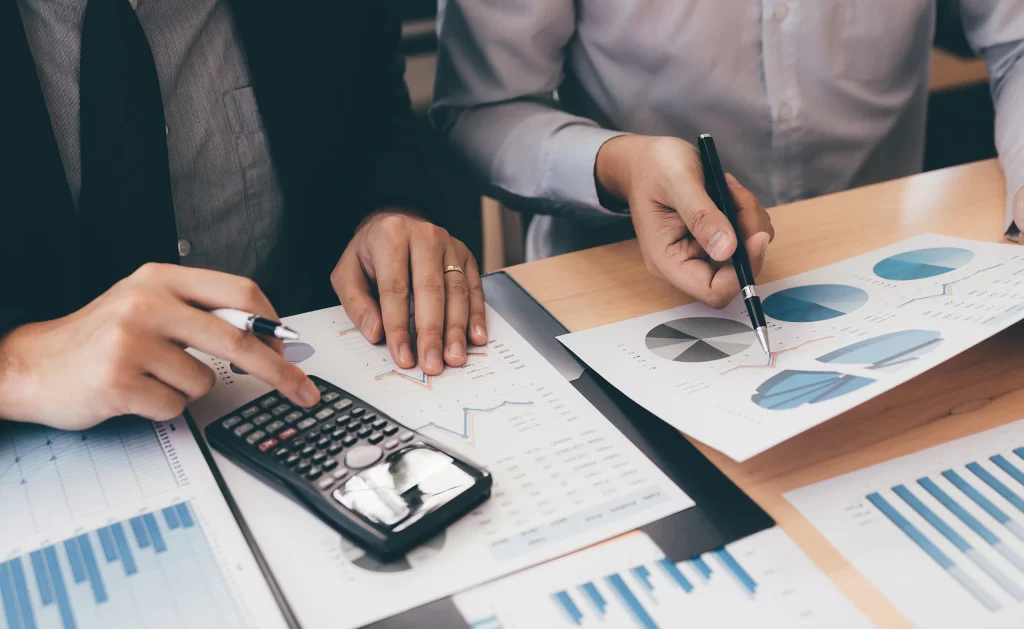
The shares buyback ratio is a way to compare two companies’ share repurchase programs. When a company purchases back its own shares, it increases the value of each share and lowers its total share count. These programs distort popular fundamental ratios and make year-to-year comparisons less meaningful. Investors should be cautious when relying on such figures.
Share buybacks can give the impression that a corporation is not pursuing other lucrative growth opportunities. This can be a concern for growth investors who want to see a company’s revenue grow. It also puts a company at risk during financial downturns. In addition, buybacks can artificially inflate a stock’s price, resulting in higher executive bonuses.
Shares buybacks also increase a company’s earnings per share (EPS). Higher EPS means more profits for shareholders. This can boost a company’s share price in the long term. By buying back its own shares, management sends a message to investors that their shares are undervalued. For example, a company might buy back shares valued at $150 and reinvest the money back into its stock. This will result in an increase in the value of each share, resulting in a higher EPS for shareholders.
Buybacks also improve a company’s EPS by reducing its outstanding shares. They also boost the proportion of shareholders’ equity in a company’s stock. Moreover, when a company buybacks shares, the stock price rises because the same earnings pie is divided into fewer slices.
While share buybacks boost a company’s value, it is important to note that they are not a silver bullet. If a company is constantly buying back shares, it may be a sign that the promoters are not confident in the future of the company and have given up hope of making money. Furthermore, the process of buying back shares is costly for a company.
When a company announces its shares buyback program, the market reacts to the news. This announcement gives investors new information about the future of the company, which affects the stock price. Shares are generally up by 2% or more after a buyback announcement. This response is consistent with both small and large buyback programs.
The dividend payout ratio is less than the share buyback ratio. Dividend payments are taxed as income, but the rising share value is not. In contrast, holders who sell back to the company may be able to recognize capital gains taxes. But a company that chooses to use shares buybacks has the freedom to make changes.
Companies can buy back their own shares any time of the year, but they are most likely to do so during periods of strong economic activity. In recent years, technology companies have been among the biggest buyers of their own shares. Apple repurchased $20.5 billion in its third quarter, while Alphabet bought back $14.5 billion in its second quarter.






